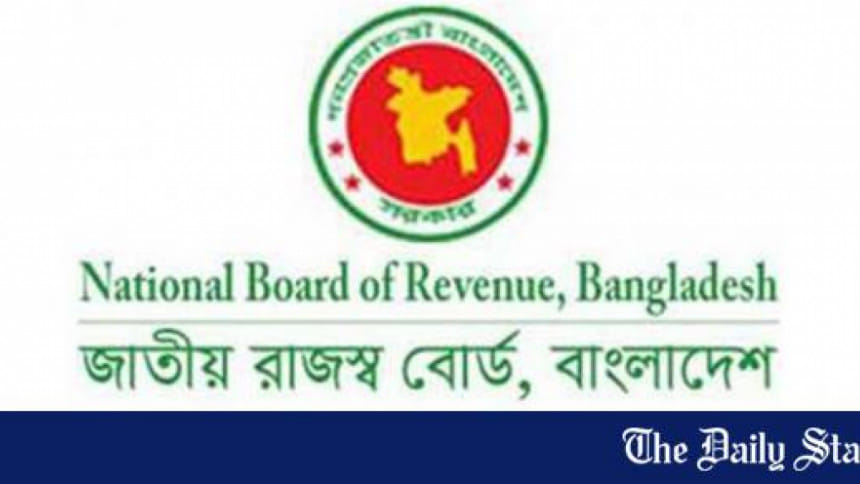NBR panel prescribes changes

A panel of the National Board of Revenue is set to propose continuation of multiple rates of VAT along with 15 percent flat rate under the VAT and Supplementary Duty Act 2012, said officials.
The new law is expected to come into effect from July and will replace the existing VAT Act 1991.
The panel, formed in November last year, submitted its report to NBR Chairman Md Mosharraf Hossain Bhuiyan last week.
"We have proposed retaining the maximum provisions of the new law. A lot of the provisions of the new law are good," said a member of the panel requesting anonymity.
The six-member committee headed by Dhaka Customs Commissioner Abdul Mannan Shikder was asked to identify the challenges and recommend measures to make the much-talked VAT and SD Act 2012 more effective.
Framed at the prescription of the International Monetary Fund to increase domestic revenue collection from VAT, the biggest source of revenue, the government shelved the implementation of the law in the face of pressure from a section of businesses and lobby groups by two years in 2017, just before it was due to take effect.
The new law seeks to impose a uniform VAT rate of 15 percent, doing away with the existing multiple rates -- raising concerns of price hike of various goods and services where less than 15 percent VAT is applicable.
The NBR's panel initially proposed that truncated VAT rate -- which is imposed based on determined value addition -- might continue for essential goods and services to address the concerns of citizens that the prices of various essential goods and services would increase under the new law.
Subsequently, the NBR higher-ups suggested multiple VAT rates instead of truncated rate. "For this, we will sit tomorrow (today) and revise our recommendation," the panel member said.
Currently, the truncated rate is applied on 22 items mostly on services that include electricity, clothing and furniture retails.
Besides, the NBR panel suggested incorporating components such as returns submission, registration and refunds to the VAT online project to make automation effective. "It would be good if all the VAT related tasks are done online," he said.
In its recommendation the NBR panel opposed giving wholesale input tax credit until online returns acknowledgement system is fully established.
"Opening rebate benefit for all may affect revenue flow. So, we have recommended limiting the area of rebates," he said.
The committee also suggested keeping VAT registration, also termed the Business Identification Number (BIN), as per the existing law, which seeks geographical area based registration.
The new VAT law prescribed moving towards a central registration of firms.
"The existing registration system is good for monitoring," the panel member said.
The NBR's move comes as the deadline for implementation of the new law comes nearer. Last month, Finance Minister AHM Mustafa Kamal said the new VAT law with multiple rates would be implemented from July.
As part of its preparation to implement the new law, the NBR will sit with the Federation of Bangladesh Chambers of Commerce and Industry today to get the views of businesses to finalise its recommendation.

 For all latest news, follow The Daily Star's Google News channel.
For all latest news, follow The Daily Star's Google News channel. 



Comments